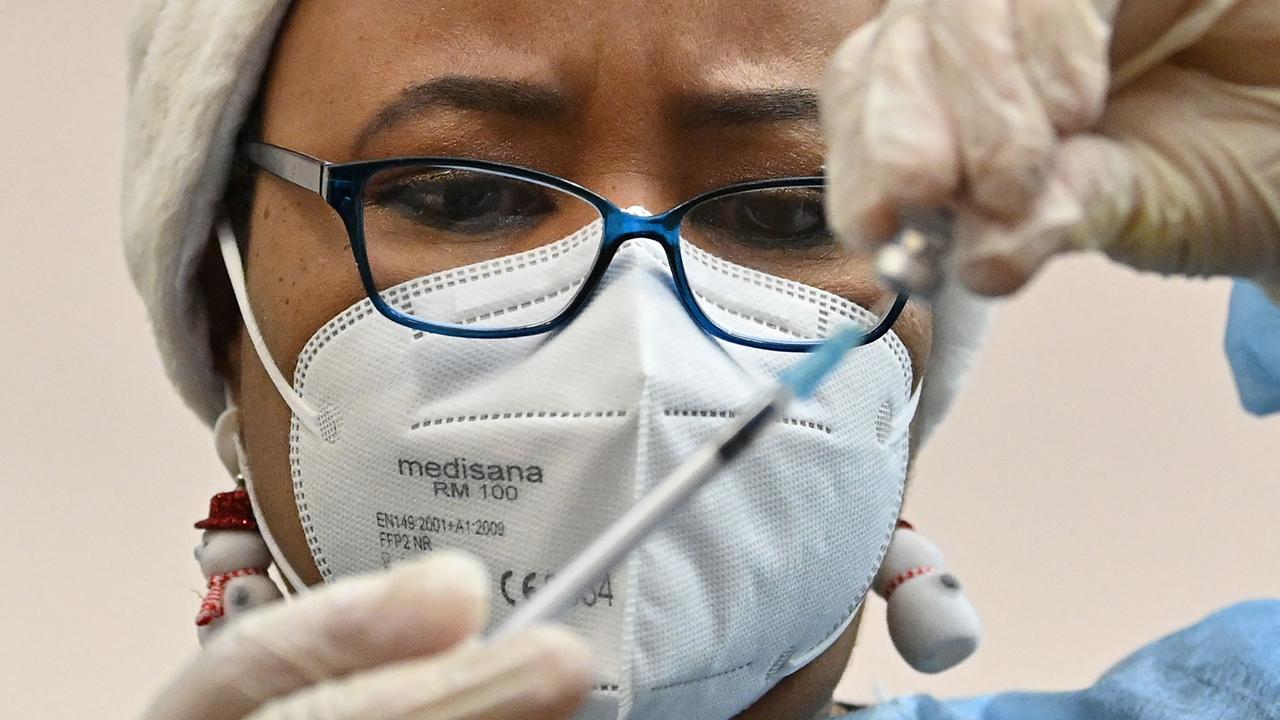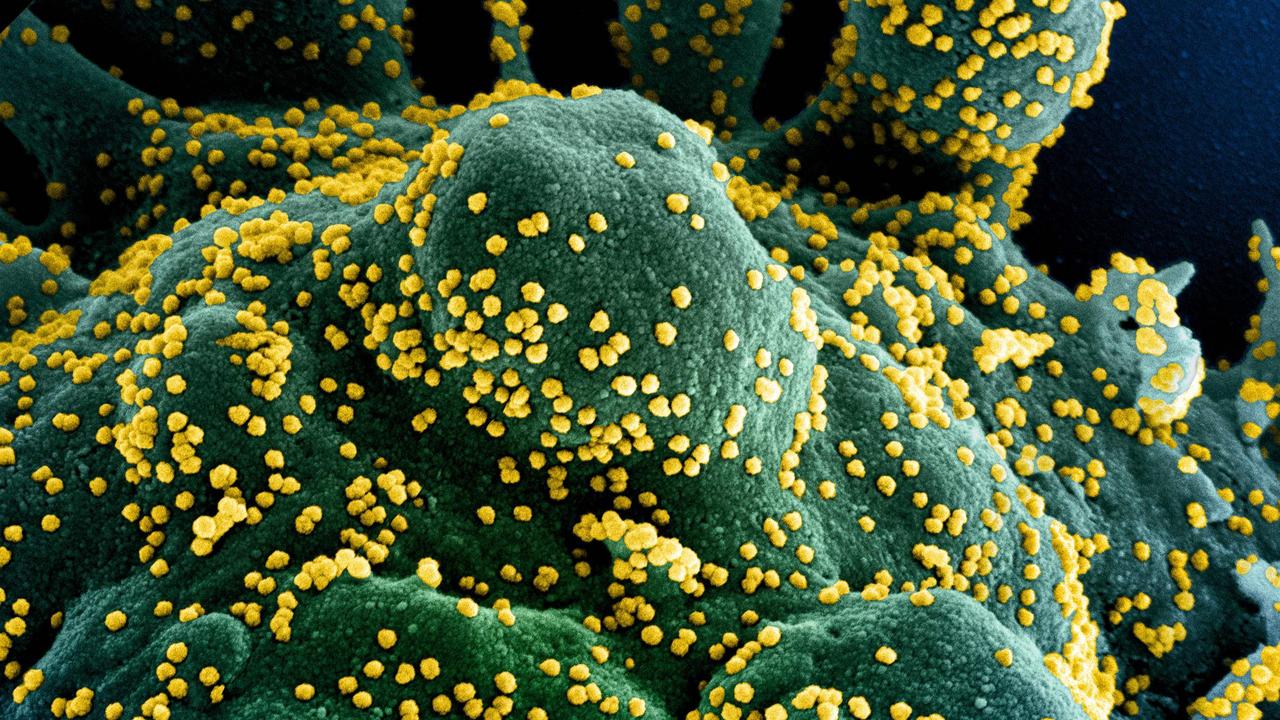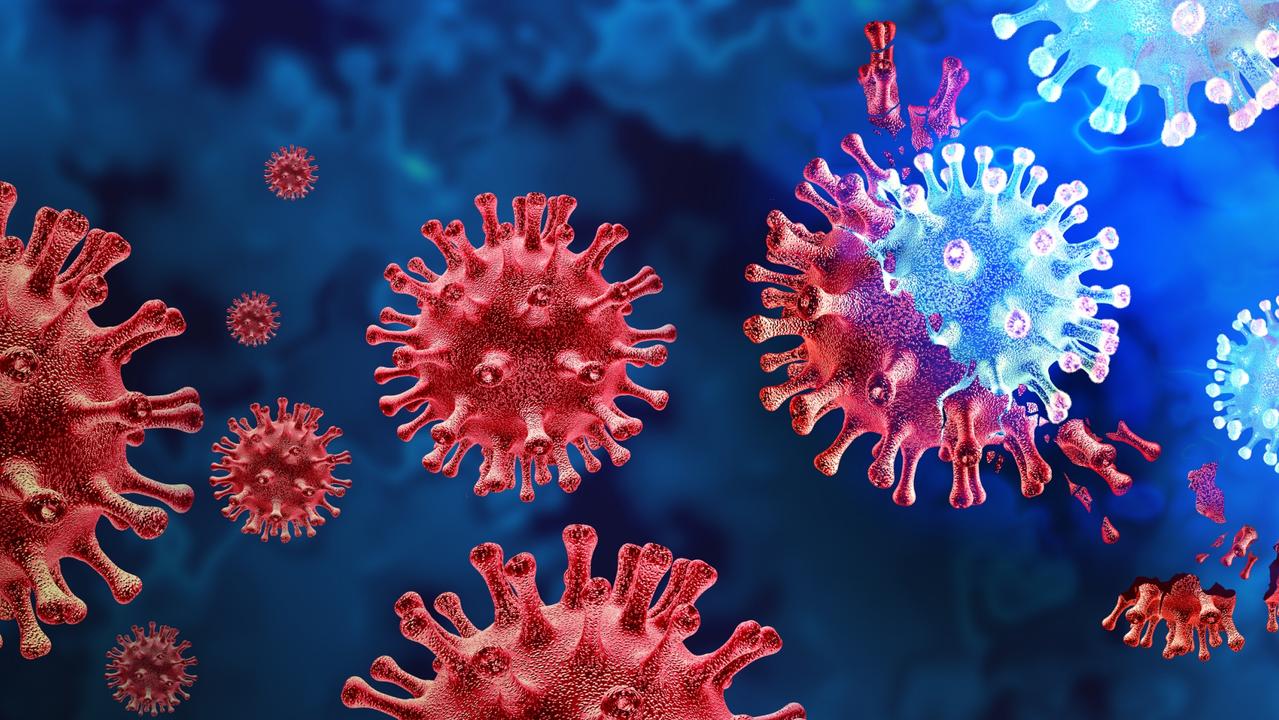AstraZeneca COVID-19 vaccine: What triggered shutdown of vaccine hope
Australia’s hopes of an early virus vaccine have been put on hold after a woman in the clinical trial was diagnosed with a serious illness.
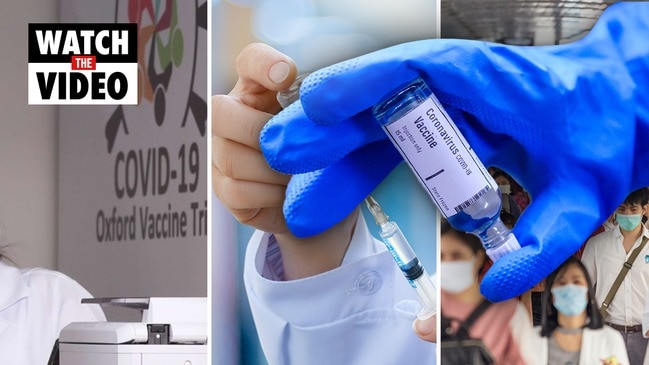
A participant in AstraZeneca’s coronavirus vaccine trial triggered a global shutdown of the promising vaccine after she experienced worrying neurological symptoms.
The woman’s symptoms were consistent with transverse myelitis, a serious spinal inflammatory disorder that can cause bladder problems, muscle weakness, pain and at worst, paralysis.
AstraZeneca chief executive Pascal Soriot revealed the woman’s symptoms in a private conference call with investors yesterday, information that was later shared with health news site STAT.
The woman had been taking part in phase three of AstraZeneca’s coronavirus vaccine trial in the UK when she began experiencing the symptoms.
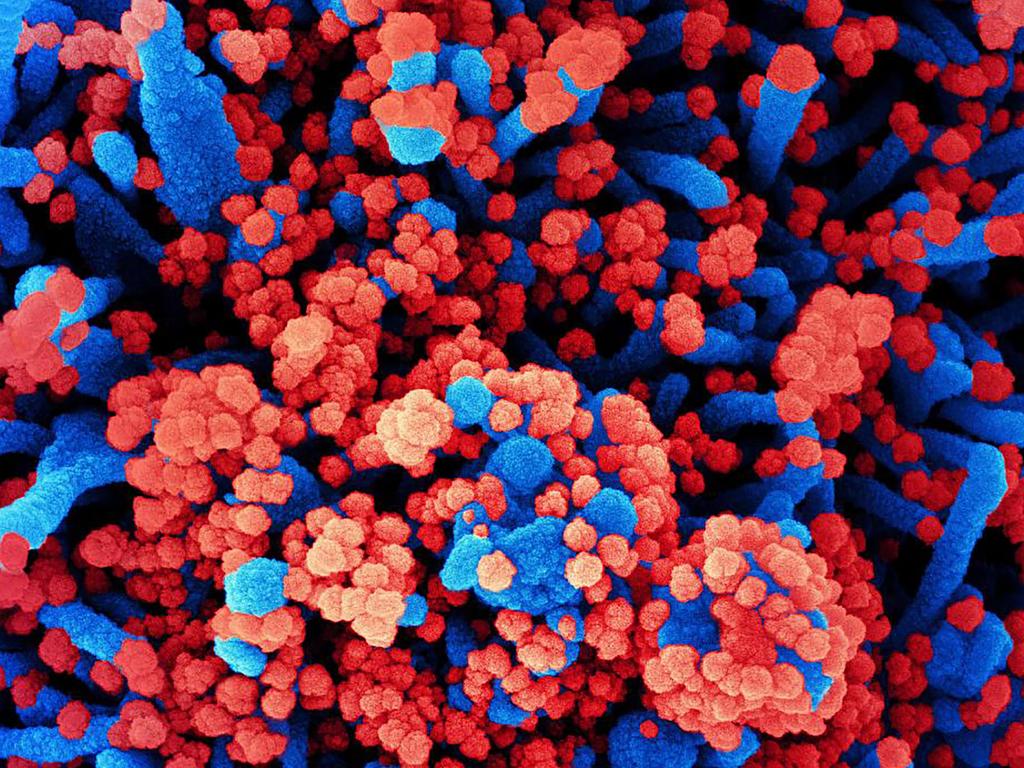
Mr Soriot said while her diagnosis had not been confirmed yet, she was improving and was due to be discharged from hospital this week.
The woman had been injected with AstraZeneca’s vaccine, not a placebo, Mr Soriot added.
RELATED: Follow our live coronavirus updates
RELATED: Dying father told to choose which child to visit him in hospital
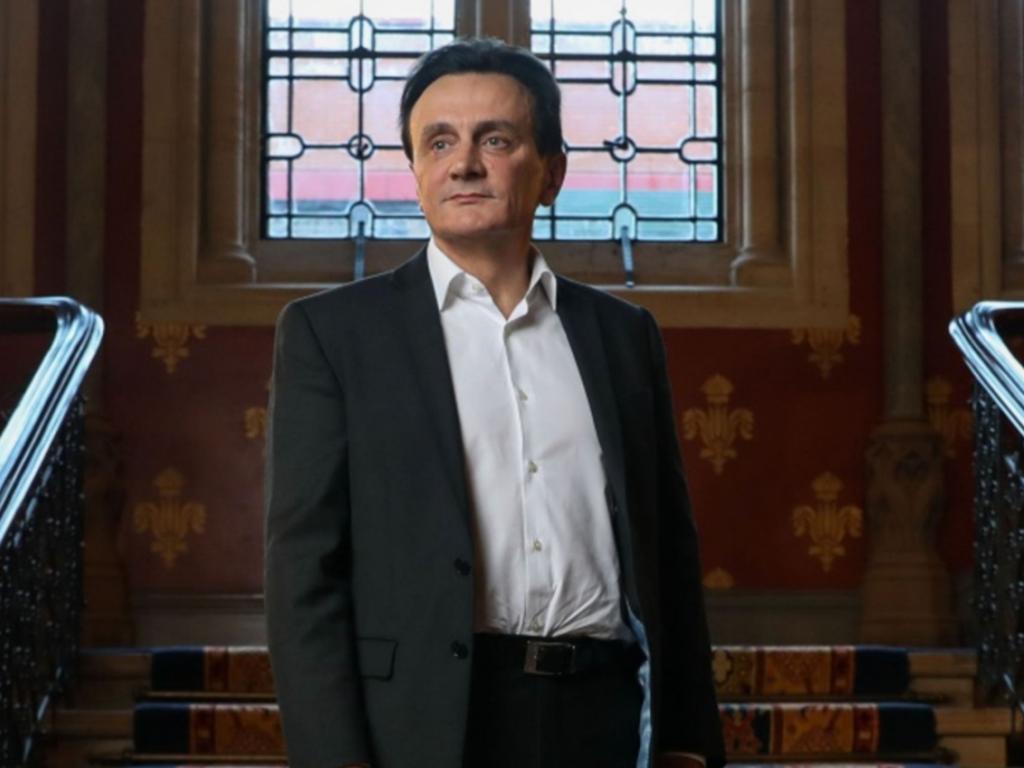
This isn’t the first time the company’s vaccine trial has been halted due to the health of a participant.
Mr Soriot confirmed the clinical trial was stopped in July after another participant experienced neurological symptoms.
On further investigation though, the participant was diagnosed with multiple sclerosis with health authorities deeming it unrelated to the coronavirus vaccine.
Mr Soriot told the three private investors on the conference call that the company was taking the vaccine very seriously.
“A vaccine that nobody wants to take is not very useful,” Mr Soriot said.
Following the call, AstraZeneca issued a statement saying it was bringing in independent experts to discuss when the company can resume clinical trials “so that we can continue our work at the earliest opportunity to provide this vaccine broadly, equitably and at no profit during this pandemic”.
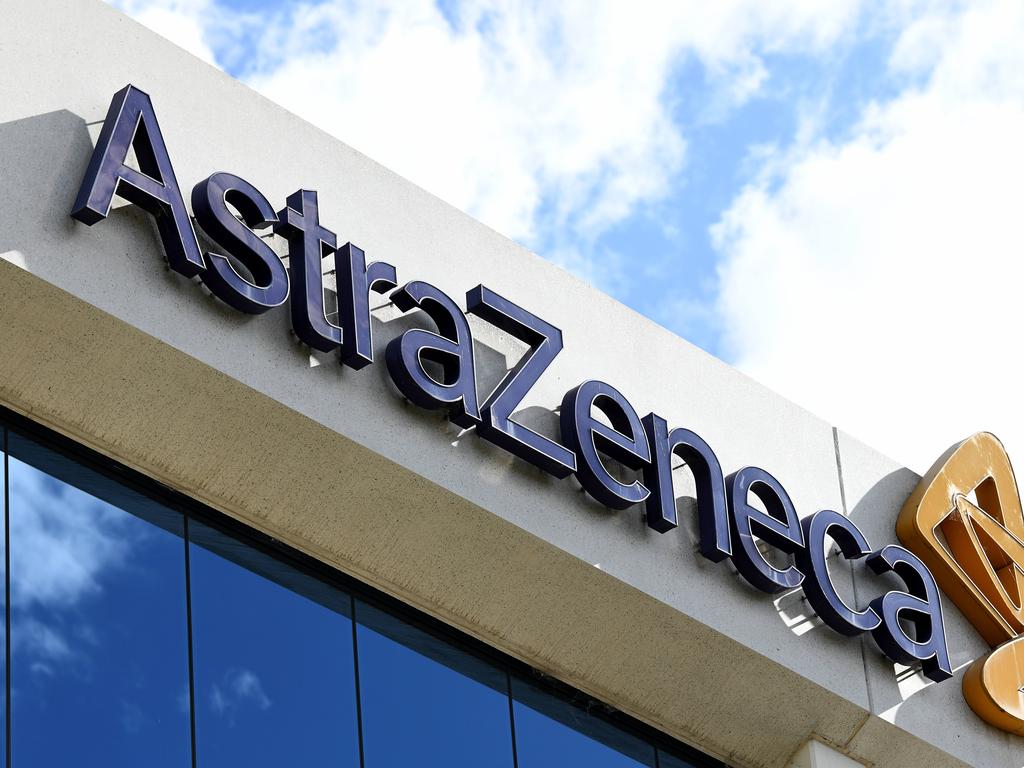
Australian health authorities have cautioned against pinning all hopes on a single vaccine.
Dr Brian McNamee, the chair of CSL – the firm tasked with producing vaccines in Australia – said the vaccine could face a lengthy delay, if one arrives at all.
“If they had asked us we would have told them that drug development is a very complex thing,” Dr McNamee told the Herald Sun.
“We can’t bank on a vaccine. I think the treatments are improving but we have to learn to live with COVID. We have to manage it.”
However, Dr McNamee said the company was “cautiously optimistic” but warned of “risks”.
“That’s why at CSL we’ve got two vaccines we could manufacture because the likelihood of both working is not high,” he told the publication.
Placing clinical holds on vaccine trials is not uncommon as pharmaceutical companies work to ensure the treatment is as safe as possible.
“To have a clinical hold, as has been placed on AstraZeneca as of yesterday, because of a single serious adverse event is not at all unprecedented,” Francis Collins, the director of the US National Institutes of Health, told a senate panel yesterday.
“This certainly happens in any large-scale trial where you have tens of thousands of people invested in taking part. Some of them may get ill and you always have to try to figure out: Is that because of the vaccine, or were they going to get that illness anyway?”
Prime Minister Scott Morrison signed a Letter of Intent with AstraZeneca in August in the hopes the Oxford University-researched vaccine would be ready by early next year.
The Letter of Intent covers vaccine development, production in Australia and distribution with a formal agreement including the price of the vaccine to taxpayers to follow.
“Today is a day of hope, and Australia needs hope, the world needs hope, when it comes to this coronavirus,” Mr Morrison said last month.
“But … there is no guarantee that this, or any other, vaccine will be successful, which is why we are continuing our discussions with many parties around the world while backing our own researchers at the same time to find a vaccine.”
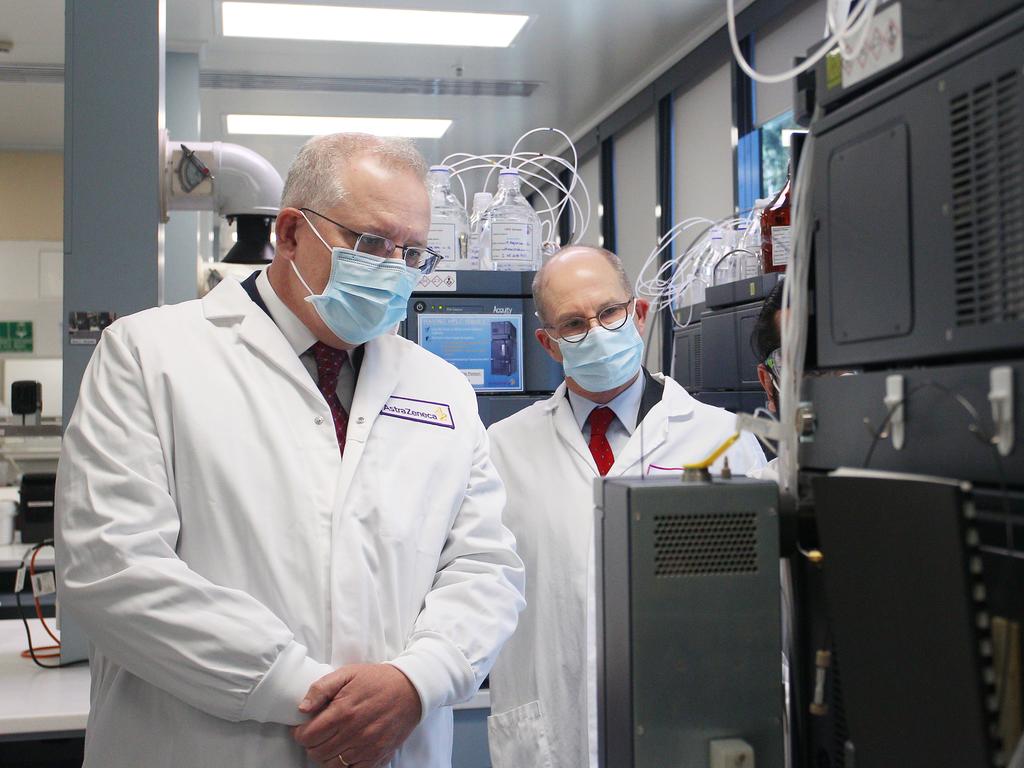
The AstraZeneca vaccine, known as AZD1222, uses an adenovirus that carries a gene for one of the proteins in SARS-CoV-2, the virus that causes COVID-19.
The vaccine is being developed by a team of scientists at Oxford Vaccine Group (Department of Paediatrics) and Oxford University’s Jenner Institute in the United Kingdom.
The group developed the vaccine by taking a spike protein from SARS-CoV-2 and injecting this into an adenovirus that causes the common cold.
It’s hoped that the spike protein will trigger an immune response when injected in humans and that the body will quickly recognise the pathogen if exposed again and respond.
The adenovirus is yet to be used in an approved vaccine but has been tested in other experimental vaccines including an ebola vaccine.


